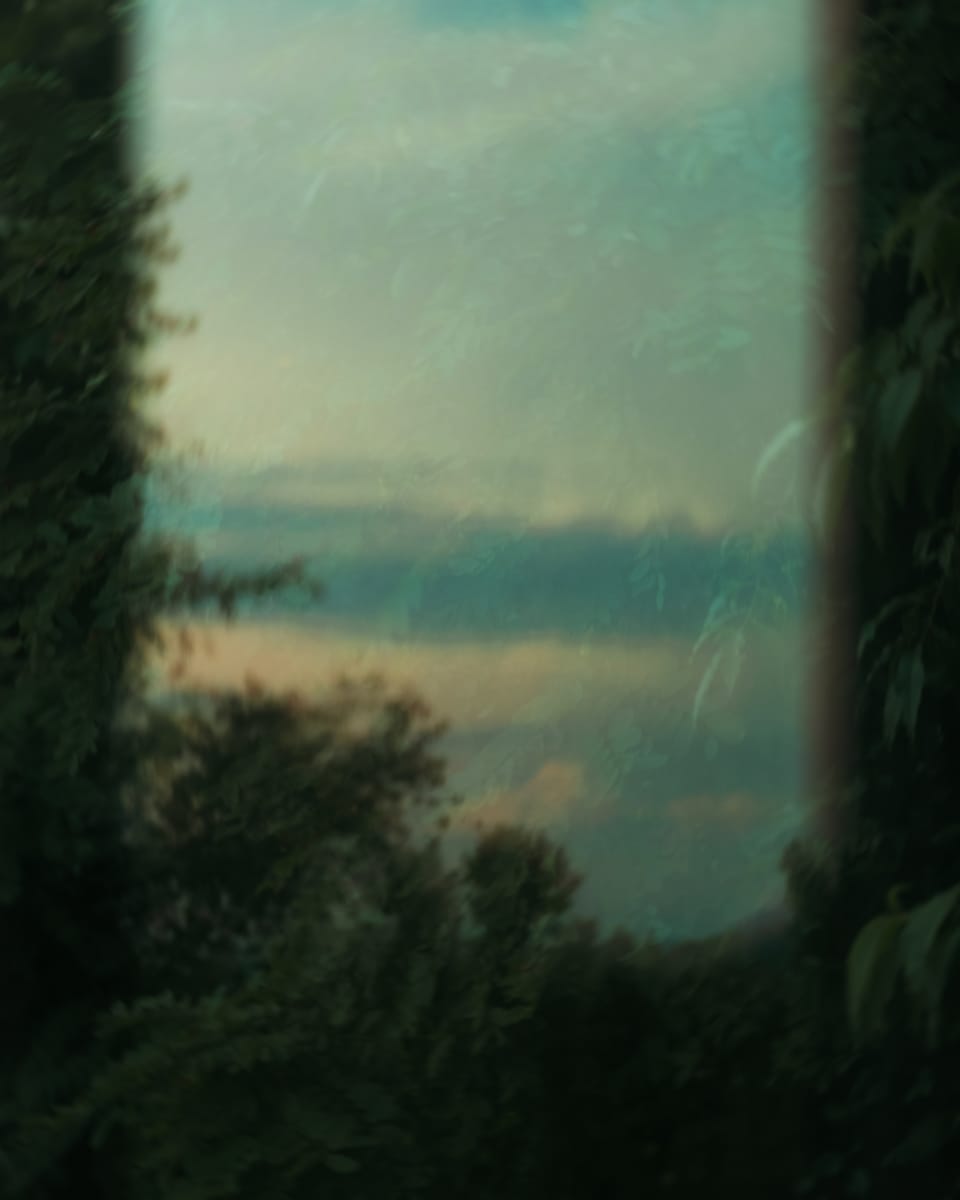La Madre Patria

LISTENING: to the evening soundscape of bugs
FEELING: grounded
SEEING: a tablecloth with "El Salvador" embroidered on it
I’m riding up a mountain with a view of Lake Coatepeque. It‘s a volcanic lake in the northwest of El Salvador near Santa Ana. I read online that it formed tens of thousands of years ago when a group of volcanoes collapsed. My lover, my sister, my mom, my nephew, my niece, and a few other beloved family members and I swam where the waters were warm — likely heated up by the same geothermal vents that feed the broader volcanic geology of the country.
º ⋱・♡ Donate! ♡・⋰ º
Want to help me pay photographers and writers to contribute to the newsletter? I've created an Artist Fund for anyone who wants to donate outside their regular subscriptions. Once I reach $100, I'll be able to license my first image from a photographer. Donate here. If you'd prefer to donate funds to whatever my needs may be (not explicitly the artist fund), you can donate here.
It was a special day. The few times I’ve come to El Salvador, my family and I usually just visit more family and don’t get to see much of the land. Today, we adventured. I feel reconnected to a place I‘m still getting to know. I feel grounded. It’s a privilege to connect with one’s motherland. I’m reminded of the many people around the globe displaced from their lands due to extreme weather or war. Many never get to see their lands again.
Welcome to Possibilities, a creative climate newsletter on the possibilities that lie where crisis meets community. I’m Yessenia Funes, and I'm writing to you all from El Salvador.
Here, drought conditions are growing more severe — likely a result of climate change. It’s currently driving migration in the country. But the lack of water isn't the only problem — so is too much of it. My mom's family lives near a creek where the rains pour in and in until it swells. Recently, the storms have been so bad that my aunt and everyone else at the house lost internet, some electricity, and their potable water. Their home lacks the sort of infrastructure many of the rest of us take for granted.
As we drove by one of the tall volcanoes — likely the Santa Ana volcano that's connected to the lake — I asked my dad if he would want to visit the volcano. He said no. I agreed. Humans don't belong everywhere. Some places are too sacred. Indeed, the Gwich'in in Alaska won't set foot into the Arctic National Wildlife Refuge, the massive pristine landscape that former President Donald Trump was trying to open up to the oil and gas industry. The Gwich'in call the refuge Iizhik Gwats'an Gwandaii Goodlit, or The Sacred Place Where Life Begins.

I am reminded of that belief system as I journey through my own lands. Where did my people's life begin? Where lie the origins of my story? How will that story morph through generations as sea level rise, desertification, and strange weather lay their marks? I don't know the answers, but I'm looking to the past to find them. I hope that I can learn more about myself during this trip. That way, I have a better sense of what comes forward.
After all, the possibilities ahead can be ones of light, music, and joy — but only if we know how to heed the rhythms of lives past. 🌀
Rest in Power
While we can't say for certain that climate change led to these specific weather events (we need attribution studies for that), we do know that the Earth's rising temperatures are already creating more disasters like these.


